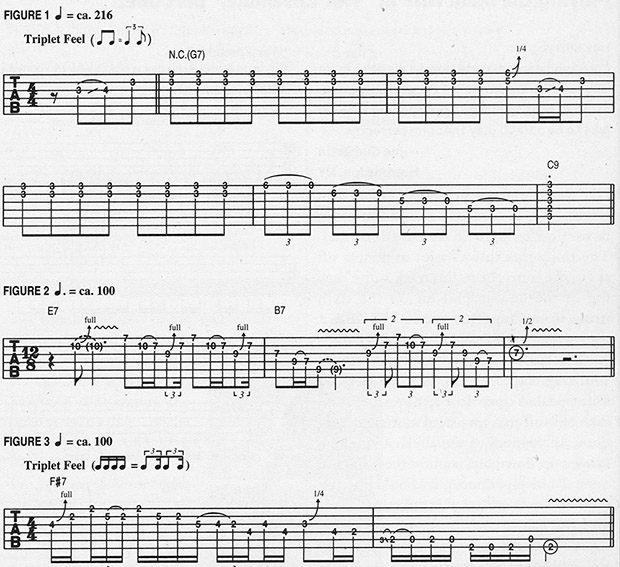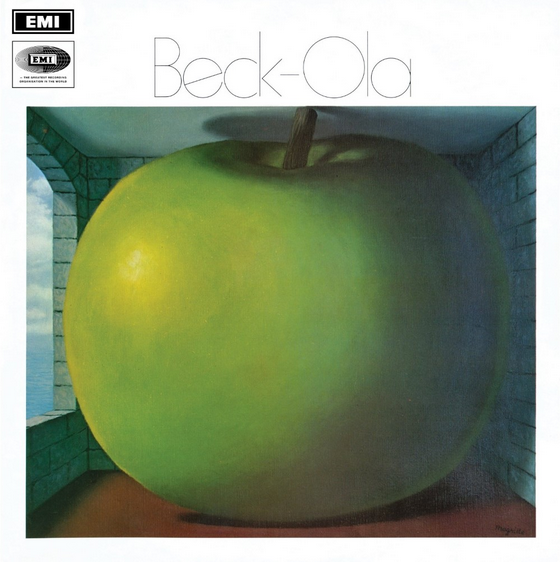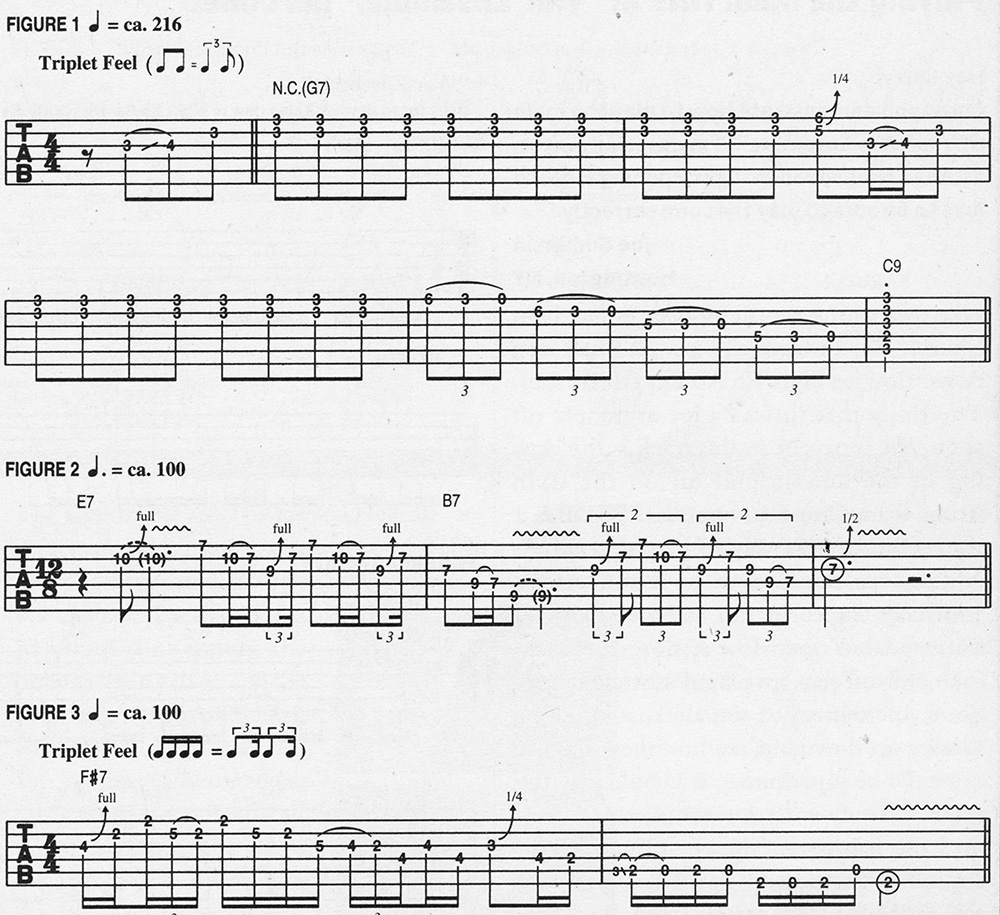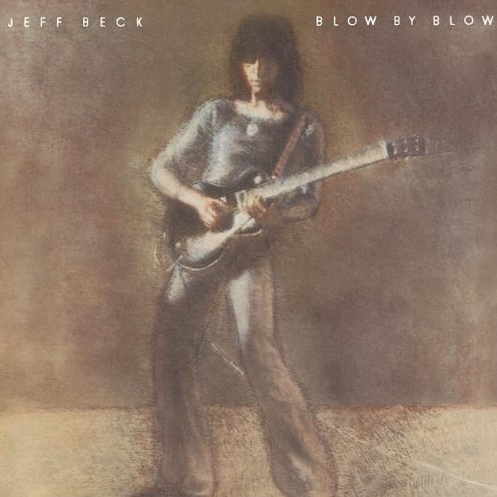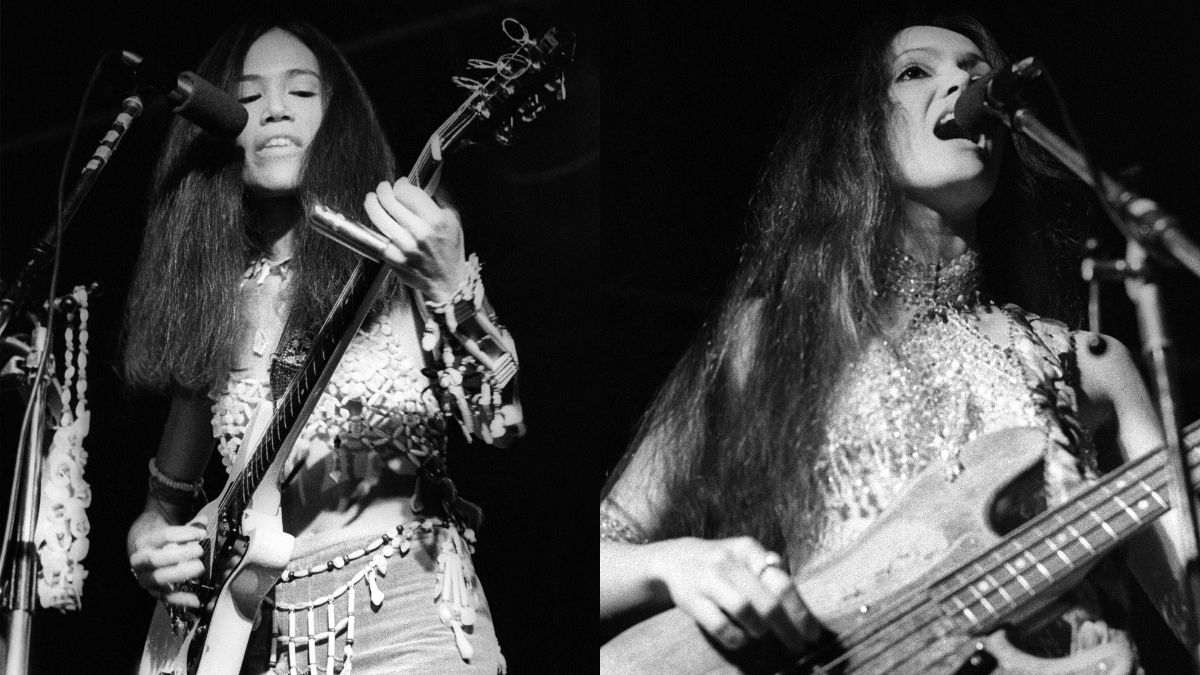How Jeff Beck Twists the Blues Into Something Entirely New — Lesson
All the latest guitar news, interviews, lessons, reviews, deals and more, direct to your inbox!
You are now subscribed
Your newsletter sign-up was successful
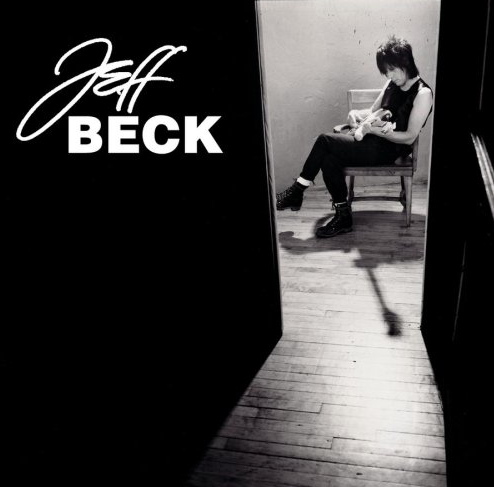
This classic "Rock This Way" column by Aerosmith's Joe Perry and Brad Whitford is from the August 2003 issue of Guitar World magazine.
JOE PERRY: The great British blues guitarists of the Sixties—people like Eric Clapton, Jeff Beck, Jimmy Page and Peter Green—could play like virtuosos, but they also understood the importance of energy and intensity.
For me, Beck is the most fascinating of all. It always seemed that Jeff had bigger demons to conquer; with a brash sense of daring, he was willing to do anything to find a new way. His career has reflected that, too. He has always tried to top himself as a player and as a guitarist playing instrumental music. He has the drive to constantly go to new places.
BRAD WHITFORD: I find that whatever it is I'm playing, in part of my mind I am wondering what Beck's approach would be. And this is true every time I pick up the guitar; his impact is that strong. Beck's influence is always there because his playing is so beyond. From the very beginning until today, the fire and the spontaneity of his playing always leaves me shaking my head.
What those British guys were doing back them is virtually the same approach we're taking with our upcoming blues record (2004's Honkin' on Bobo). All these years later, it's still a viable route of musical creativity. We'd like to shine a light on the great blues music of the past while also creating something new. Taking a close loo at how our heroes twisted the blues into new sounds is just as inspiring today as ever.
PERRY: As far as I'm concerned, Beck stretched the concept of modernizing the blues further and anyone. He never really played blues in the traditional sense anyway, even in his earliest days with the Yardbirds, which was close as he ever got. (2015 Editor's Note: Be sure to check out Beck's pre-Yardbirds blues playing with the Tridents.)
Beck took great liberties; he always made it funky, twisted it into heavy metal and wrapped all of that stuff around the lyrics, which was an exciting thing to hear. His early records display such a left-field take on the old traditions. He was busting down the doors and the walls of the accepted standards. If you listen to the live recordings of the Jeff Beck Group from that era, with Rod Stewart on vocals, Ronnie Wood on bass and Mickey Waller on drums, they really did cut loose. That was a wild band on the live stage.
All the latest guitar news, interviews, lessons, reviews, deals and more, direct to your inbox!
WHITFORD: Beck's greatest influence on me came from seeing him play live. He floored me every time. The first time I saw him, he was playing the oxblood Les Paul, made famous by the Blow by Blow album cover (shown in the photo gallery below). Beck's playing is so unique and expressive that even being able to emulate his sound with a single note or phrase adds a lot of fuel to your own arsenal.
PERRY: In the original jam band I had with Tom Hamilton, we used to play "Rice Pudding" (top video) from Beck-Ola. The way Beck played the stuff was very punk; so much brash attitude combined with blistering virtuosity. He didn't give a shit, and he was an incredible player. He knew the rules, and the he obliterated them. In art, you can't go outside the box until you know how to paint one, and he'd done his homework well.
WHITFORD: The truth is, we took that "Rice Pudding" lick and twisted it around melodically and rhythmically, and it became the main heavy riff in "Sweet Emotion."
PERRY: Beck's version of Elvis Presley's "All Shook Up" (bottom video) from Beck-Ola is so intense. His approach finds its roots in the blues, but blues had never been played like that before. Beck-Ola was even a huge departure from Beck's first solo record, Truth. It seems that Jeff really doesn't concern himself with what people think he'll do next. He's always followed his muse and pushed the envelope as far as he could.
FIGURES 1-3 are three licks that are representative of Beck's style. FIGURE 1 is played at a fast tempo with a shuffle/swing feel. These licks reveal the influence of the great Les Paul, as well as Paul Burlison of the Rock and Roll Trio, who was known for flashy pull-off-to-open-strings licks, like the one in bar 4.
FIGURES 2 and 3 illustrate some bluesy licks in Beck's style that he might play over a slow blues; FIGURE 2 is based on the B minor pentatonic scale (B D E F# A) and reveals his unusual sense of phrasing. FIGURE 3 is based on the F# minor blues scale (F# A B C C# E) and utilizes some more cool pull-offs to open strings.
